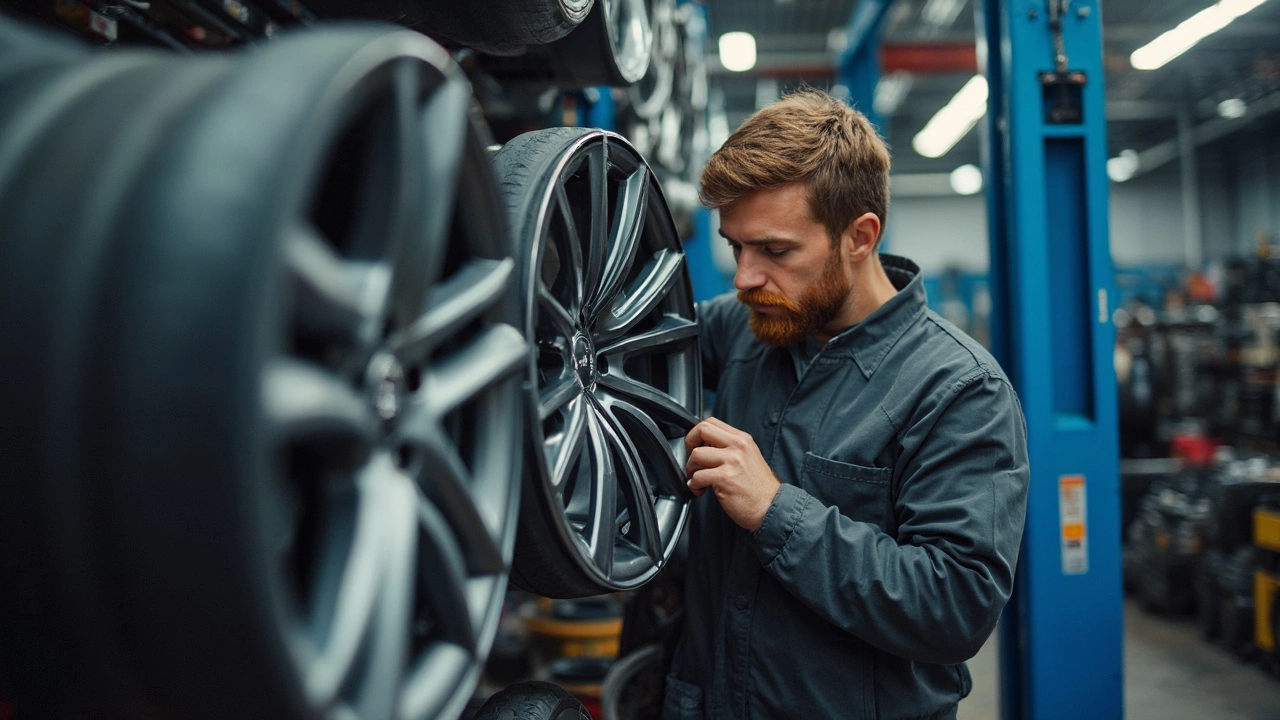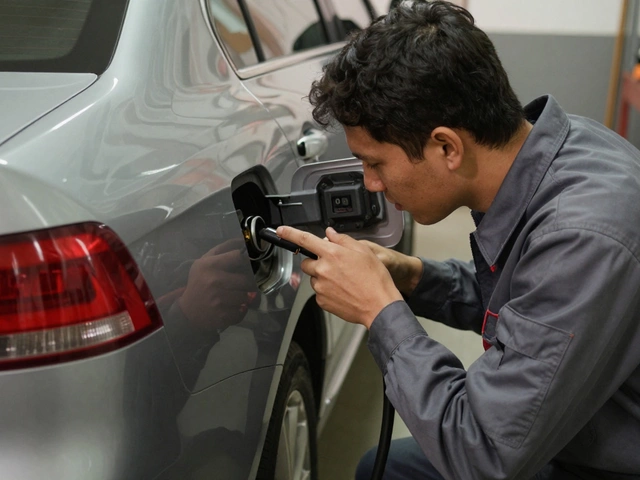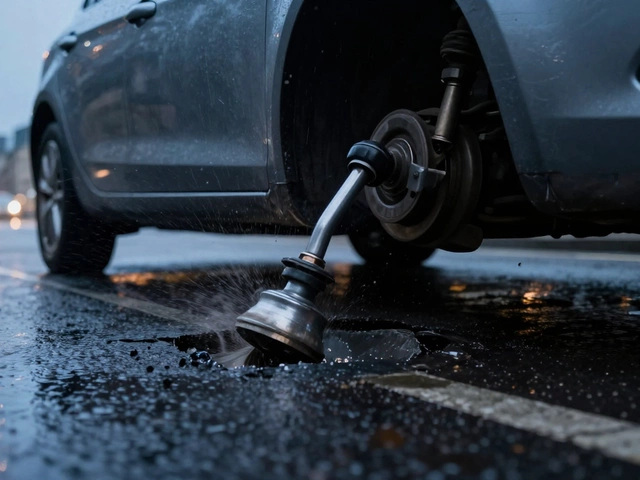Car Wheels: What You Need to Know Before You Buy and Keep Them Running Smooth
If you’re thinking about new wheels, you’re probably wondering which ones fit your ride, how much they cost, and how to look after them. The good news is you don’t need a mechanic’s degree to make a smart choice. In the next few minutes you’ll get the basics on picking the right set, spotting rust, and keeping the alignment spot‑on.
Choosing the Right Wheels for Your Car
First off, check your car’s handbook or the tyre placard on the driver’s door. It lists the approved wheel size, bolt pattern and load rating. Matching those specs avoids vibrations and illegal MOT failures. Next, decide between steel and alloy. Steel wheels are cheap and tough, but they’re heavier and can look plain. Alloy wheels are lighter, improve handling and usually look sharper, though they’re pricier.
When you shop, compare the wheel offset. A low offset pushes the wheel outward, which can scrape the fender; a high offset pulls it inward, affecting steering. Most drivers stick with the factory offset unless they’re doing a performance build. Also, think about the finish – matte, polished or painted – and whether it matches your style and the local climate.
Keeping Your Wheels in Top Shape
Alloy wheels don’t rust like iron, but they can corrode if the clear coat gets scratched. Regular washing with mild soap, a soft brush and a hose removes brake dust that accelerates corrosion. After a wash, dry the rims thoroughly and apply a wheel‑specific protectant to seal the surface.
If you spot a small chip, use an alloy repair kit or bring the wheel to a local shop. Ignoring it lets moisture seep in and spread, turning a tiny blemish into a bigger problem. For steel wheels, a rust‑removing spray followed by a rust‑proof paint coat does the trick.
Fitment matters as much as the look. A professional tyre fitting service will mount the tyre, balance it and torque the lug nuts to the exact specification. Proper balancing stops vibrations at higher speeds, while correct torque prevents warped brake rotors.Wheel alignment isn’t just about keeping the car straight; it protects the tyres from uneven wear. Have the alignment checked at least once a year or whenever you notice the car pulling to one side. It’s a quick, cheap service that saves you from buying new tyres early.
Every few thousand miles, give the wheels a visual check. Look for bent rims, loose bolts or worn‑out tyre tread. If you hit a pothole and hear a thump, inspect the wheel for cracks – even a tiny fracture can grow and cause a blowout.
Lastly, store spare wheels off the ground in a dry place. Cover them with a breathable cloth to keep dust off and avoid stacking them directly on top of each other, which can cause scratches.
By following these simple steps – matching the right size, choosing the finish you like, washing regularly and keeping alignment tight – you’ll enjoy smoother rides, better fuel economy and a longer life for your car wheels. Need a new set or a quick check‑up? Drop by Northwich Tyres Centre and let our experts handle the rest.
 27 March 2025
27 March 2025
Alloy Wheels: What You Need to Know
Alloy wheels have become a popular choice among car enthusiasts and everyday drivers alike. These wheels are made from a blend of metals, offering a stylish appearance along with improved performance advantages. Learn what sets alloy wheels apart from traditional steel wheels, including their benefits, drawbacks, and how to care for them. Discover tips for choosing the right alloy wheels for your vehicle.
Latest Posts
Tags
- car maintenance
- engine oil
- spark plugs
- brake pads
- engine performance
- vehicle maintenance
- spark plug replacement
- windshield wipers
- fuel pump
- suspension parts
- clutch replacement
- oil change
- clutch kit
- car suspension
- car performance
- air filters
- car radiator
- exhaust systems
- fuel pump replacement
- engine misfire






0